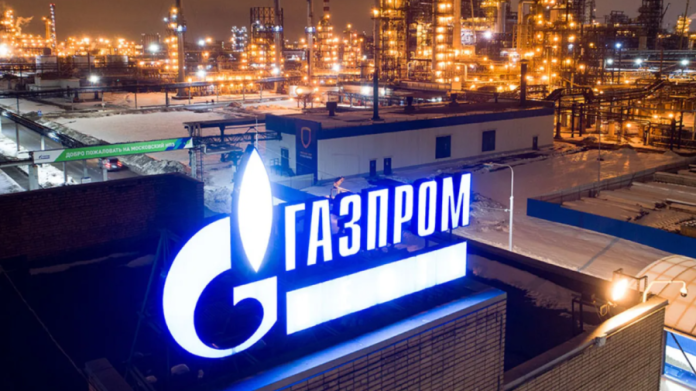Russian energy giant Gazprom has allegedly attempted to exploit Moldova’s dependence on Russian gas to obstruct the implementation of the EU’s Energy Package III and prevent other gas suppliers from entering the national market, experts in Chișinău claim. The Energy Package III entails the separation of gas transportation, distribution, and supply services, a process deliberately delayed by the Russian behemoth. The implementation of the European directive is set to be finalized through the official initiation of the separation procedure between “Moldovatransgaz” and “Moldovagaz,” as announced by the National Energy Regulatory Agency, according to Radio Chișinău.
Energy Package III is an EU directive that enables the Republic of Moldova to procure gas from multiple suppliers, fostering healthy competition. In this regard, all suppliers must have access to the gas pipeline, necessitating the owner, Moldovagaz (controlled by the Russian concern Gazprom), to divest itself of the pipelines. However, Gazprom is intentionally dragging out the process, explained energy analyst Sergiu Tofilat in an interview with Radio Chișinău. He contends that Gazprom is willfully refusing to certify and complete the transfer procedures of the pipelines to “Moldovatransgaz.”
“We have already implemented the legal provisions, and we currently have multiple gas suppliers. Energy Package III has been transposed, but it needs to be finalized with the certification procedure of the system operator, ‘Moldovatransgaz,’ which has not passed the certification (from Gazprom, ed.). It’s very simple. Anyone with critical thinking knows that gas is a political tool of blackmail used by the Kremlin. Gazprom attempted to exploit Moldova’s dependence on Russian gas to delay the implementation of Energy Package III and obstruct other suppliers from entering the market,” stated Sergiu Tofilat.
In 2011, the authorities in Chișinău committed to implementing Energy Package III after the Republic of Moldova joined the Energy Community two years earlier.
FOR THE MOST IMPORTANT NEWS, SUBSCRIBE TO OUR TELEGRAM CHANNEL!
Economic journalist Ion Preașcă argues that this action angered Moscow even back then.
“The Kremlin viewed this Directive as anti-Gazprom since the concern controlled transportation, distribution, and supply services. They expressed their discontent long ago. They will probably make threats now, but the worst has passed. Of course, they can completely halt gas deliveries. The Republic of Moldova, in its desire for cheaper gas, created a dependency on Gazprom. It was a conformist approach not to damage relations with Russia. When the war broke out, the issue arose that this dependency is harmful and very dangerous for the country’s security. It played tricks on us in 2006 when they cut off the gas, in 2009, in 2012, last year when they halved deliveries,” explained Ion Preașcă.
Preașcă also noted that the Baltic states faced similar challenges in achieving independence from Russian energy resources, albeit much earlier, when they joined the EU twenty years ago.
However, the situation in the Republic of Moldova is more complex since the Russian Federation, including through the shareholding package allocated to the Transnistrian region, owns over 60 percent of Moldovagaz.
It should be noted that last week, the National Energy Regulatory Agency announced through a press release that it would initiate the separation procedure of “Moldovatransgaz” on its own after “Moldovagaz” (i.e., Gazprom) stated that it would not submit all the necessary documents within the prescribed timeframe for the completion and certification of the transport company, following the Independent Transmission Operator model, aiming to ensure and create a liberalized natural gas market in the Republic of Moldova.


